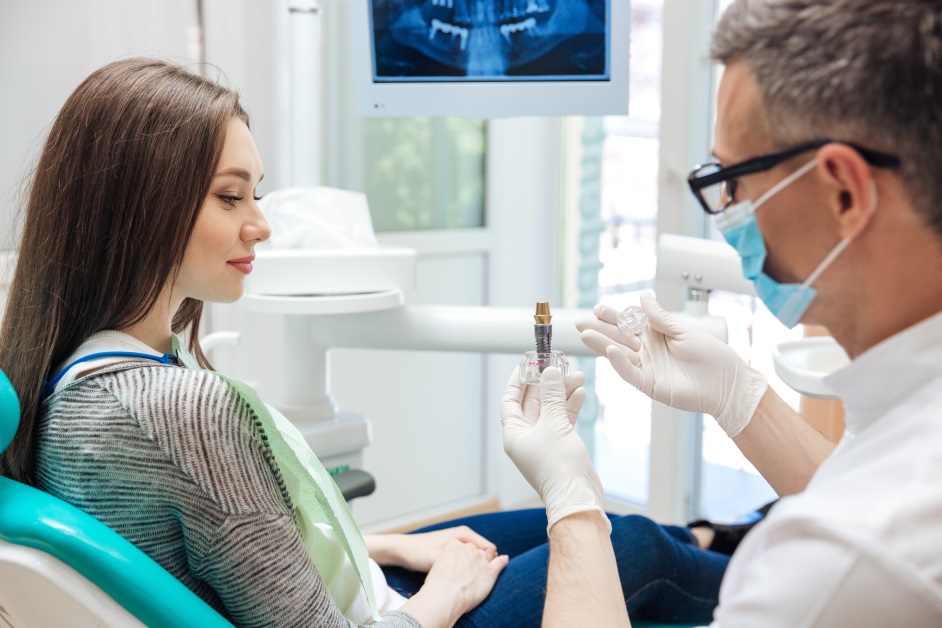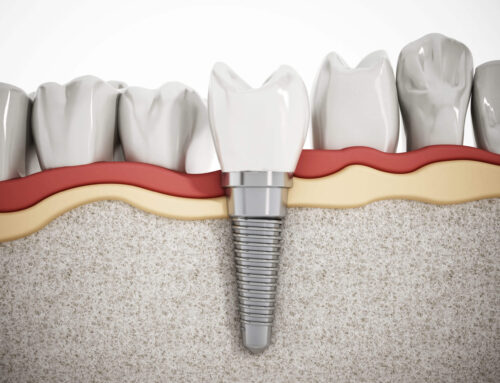An oral maxillofacial surgeon is different from other dental specialists, and in several key ways. After finishing a four-year dental college program, they train and study for an additional four to six years in a hospital setting. During this time, they receive training with other medical professionals in surgery, anesthesiology and emergency medicine. Apart from anesthesiologists, only these oral surgeons are permitted to administer at every sedation level, including general anesthesia. What’s unique about the doctors of OMSH is that they all went to medical school, and went through extensive years of specialized training.
What They Do
Oral maxillofacial surgeons can do virtually any procedure or facial reconstructive surgery to remedy any type of problem associated with the jaw, mouth, teeth, neck and facial structures. Their practice can range from treating cleft lips and palates, to reconstructing cheeks and jaws, to placing dental implants. These highly specialized surgeons can ultimately address any surgical procedure that affects the head, and hard and soft tissues – be it congenital deformities, or those related to accidents and trauma. The professional team at OMSH can remove impacted wisdom teeth, and oral tumors.
Ultimately, these surgeons perform a full scope of complicated and conventional procedures, such as dental implants and bone grafts to rebuild jaws. With this same implant technology, they can even produce supports for facial prosthetics.
Their Unique Niche
Keep in mind, oral maxillofacial surgeons are not necessarily required for every type of oral surgery, general dentists are able to perform simple surgical procedures; but only OMS specialists have extensive training and licensure to administer anesthesia, perform more complicated surgeries around the jaw, as well as perform facial surgical procedures not commonly authorized by general dentists and oral surgeons. Orthodontists commonly refer patients to have an assessment with one of these surgical specialists, if they believe that a patient may have jaw alignment problems, or missing teeth.
In addition to the above-mentioned procedures, oral and maxillofacial surgeons are necessary to treat occurrences of facial infection and pain, obstructive sleep apnea, or lesion removals and biopsies. They can treat and diagnose certain oral cancers as well.
Consultation is Key
Above all else, oral maxillofacial surgeons are committed to the welfare of their patients. Whether there is a congenital defect, a wound, disease of the jaw, mouth, or of the face, patients can rely on the unique and highly specialized surgeons of OMSH to deliver top quality care.
If you’d like to schedule an appointment with an oral specialist, or learn more about oral and maxillofacial surgery services, contact OMSH, the Oral & Maxillofacial Surgeons of Houston at 832-509-4505.






